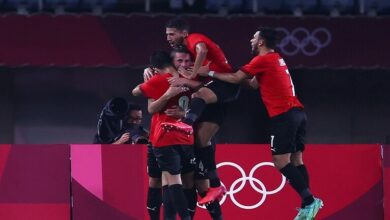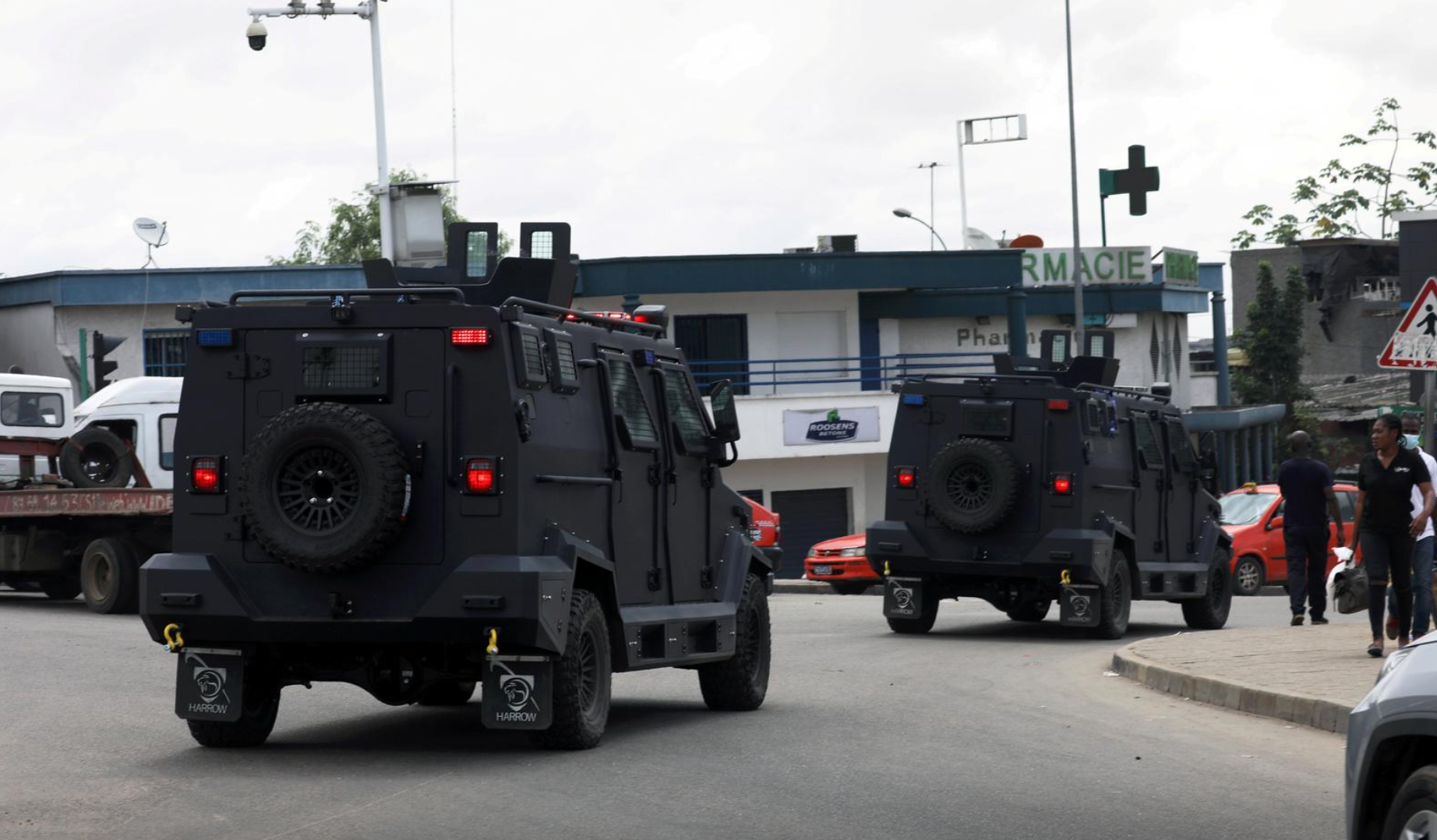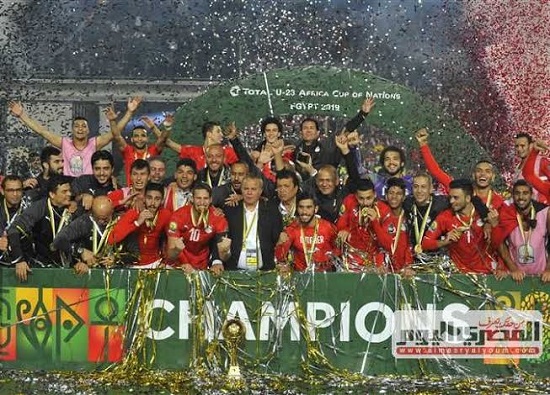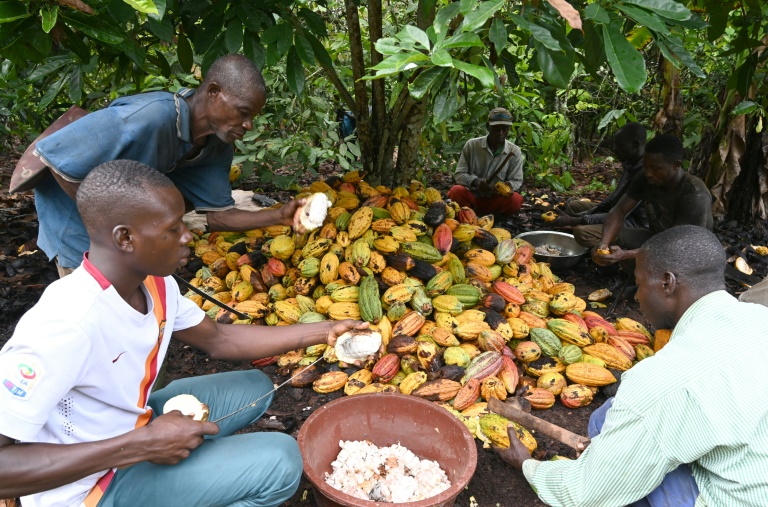Abidjan — With tears welling in her eyes, the 16-year-old recounted how both her brothers were killed by troops fighting for strongman Laurent Gbagbo. Then rage contorted her face as she ranted against the arrested former president: "They must kill him. He's a savage."
Gbagbo was finally arrested and forced from power on 11 April, more than four months after he lost elections. Calls for reconciliation and healing have come from all sides since then.
"We beg forgiveness for the bad things that have happened. But nothing can be gained by seeking vengeance," said warlord Ibrahim "IB" Coulibaly, who had thrown his forces against Gbagbo. "Hatred and vengeance are our weaknesses."
President Alassane Ouattara himself has called for reconciliation, but says there also must be justice. He wants Gbagbo tried by national and international courts.
Justice Minister Jeannot Ahoussou said he is drawing up a list of ministers, generals and journalists to be charged with blood crimes, corruption and hate speech.
But despite calls for healing in Ivory Coast, some say they cannot forgive.
At an Abidjan church where Gbagbo partisans have sought refuge, people still were talking of the need for the West African nation to be run by "real Ivorians" — a reference to Gbagbo's divisionist tactic of questioning the nationality even of Ouattara, who was born in Ivory Coast but whose father is from neighboring Burkina Faso. Gbagbo also attempted to raise Western opposition to Ouattara by harping on his Muslim religion and suggesting he would turn Ivory Coast into a refuge for Islamist radicals.
Gbagbo, who came to power in 2000 promising to unite the country, had resorted to inciting old tribal and religious rivalries to create dissension and prolong his stay in power.
Coulibaly, whose "Invisible Commandos" began the fight in the commercial city of Abidjan to wrest power from Gbagbo troops who fired mortars and rockets at civilians, said Ivory Coast needs reconciliation and pointed to South Africa as an example. But Coulibaly himself has been a divisive force among those fighting for Ouattara, raising fears that old rivalries put aside while different armed groups joined forces to topple Gbagbo could now re-emerge.
Coulibaly has denied there was infighting between his fighters and other pro-Ouattara forces. But witnesses said there was, costing lives and delaying Gbagbo's capture for 10 days. The witnesses said Coulibaly wanted to announce on TV that he was heading a new transitional military government. Coulibaly denies it.
Another possible obstacle is Gbagbo's rabble-rousing youth minister Charles Ble Goude, who is in hiding. He is wanted by the Ivory Coast government for crimes including inciting his Young Patriot thugs to attack foreigners and people from tribes loyal to Ouattara. He also allegedly used them as a human shield around the presidential residence where Gbagbo had sheltered in a fortified underground bunker.
Before Gbagbo was finally ousted, there were barbarities on both sides.
Gbagbo fighters slaughtered at least four Muslim imams during the fighting in Abidjan and set ablaze at least 10 mosques.
Pro-Ouattara fighters attacked the Catholic cathedral in the southwestern cocoa port of San Pedro, firing into 5000 residents from tribes opposed to Gbagbo who had sought refuge there. One man was killed and many wounded.
At the weekend two pillars of Gbagbo's power — his Ivorian Popular Front party and the powerful Students' and Scholars' Federation of Ivory Coast — urged die-hard militants to lay down their arms and called for national reconciliation.
Student leader Augustin Mian on Sunday said federation members should "engage fully" in the reconciliation.
On Saturday, Gbagbo party leader Pascal Affi N'Guessan said "The war is over" and asked Ivorians to "give a chance to the restoration of peace" and halt the "revenge killings, the looting."
He expressed the party's sympathies to the families of all those who died.
But that is not enough for Fatoumata Zhama Diaby, the 16-year-old. She was at a weekend march, dancing and singing along with other women and shouting their support for Ouattara. After she lashed out at Gbagbo, a reporter asked if she heard Ouattara's call for reconciliation.
"They killed both of my brothers. We are six left now, only girls. My brothers were very dear to me," she said, putting a hand over her heart.
She said Fohmad Diaby, 24, and Comaba Blo Diaby, 17, died the day of the election, 28 November, when soldiers attacked people protesting Gbagbo's refusal to step down. The elder brother was hit by a grenade she said, showing shrapnel wounds on her arms from the same blast. The younger brother was disabled and could not run with others. He was shot.
"I can never, never forgive them," Diaby said. "Gbagbo is inhuman. If I saw him today, I wouldn't just kill him, I would cut him into pieces."




